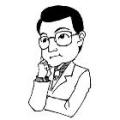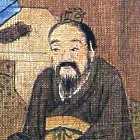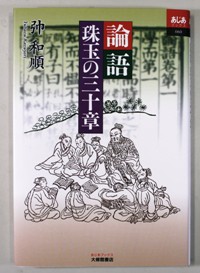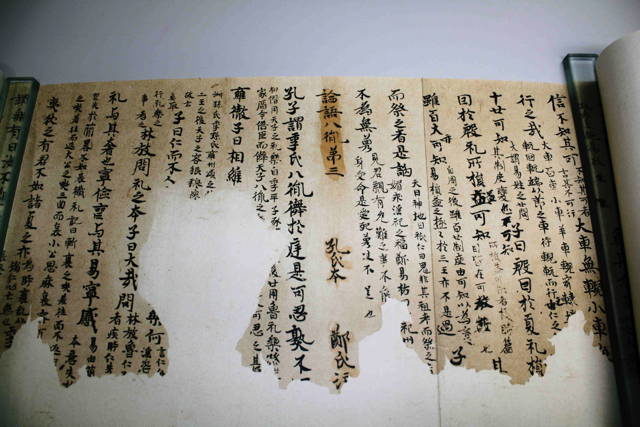Profile

- Research Subject
- Thought in the Han period
- History of Lunyu Studies
- History of Confucianism
- Research Fields
- Scholarship and thought in ancient China
- Faculty - Division / Research Group / Laboratory
- Division of Humanities / Research Group of Cultural Representations / Laboratory of Sinology
- Graduate School - Division / Department / Laboratory
- Division of Humanities / Department of Cultural Representations / Laboratory of Sinology
- School - Course / Laboratory
- Division of Humanities and Human Sciences / Course of Linguistics and Literature / Laboratory of Sinology
- Contact
Office/Lab: 405
TEL: +81-11-706-2877
FAX: +81-11-706-2877
Email: yuhazu(at)let.hokudai.ac.jp
Replace “(at)” with “@” when sending email.Foreign exchange students who want to be research students (including Japanese residents) should apply for the designated period in accordance with the “Research Student Application Guidelines”. Even if you send an email directly to the staff, there is no reply.- Related Links
Lab.letters


There is no single common interpretation of Lunyu (The Analects of Confucius).
The flow of Chinese thought interpreted based on commentaries
Lunyu, the Analects of Confucius, the ancient Chinese philosopher, is a classic that has been read for 2,000 years, but there’s no single common interpretation of it. The statements made by Confucius were so succinct that scholars have tried to imagine Confucius in various ways and have racked their brains in adding footnotes. Many people tend to think footnotes play a supplementary role to the body text; in fact, these footnotes undergo changes naturally in line with changing times. Therefore, they can be just as important a research subject to clarify the flow of thought and science as the body text is. It’s not too much to say that the profundity of this classic, which still has the possibility of various interpretations even all these years after its creation, is a fascination common to Chinese classics, as typified by The Analects.
Dutiful wives and devoted mothers, as well as wicked women, focusing on decisions made by the former
<i>Lunyu</i> as a teaching material for cultivating the ability to choose paths in life
In the class on Lieh nü Chuan, biographies of exemplary women in ancient China, I provide students with opportunities to put themselves into the heroines’ place by presenting the moment when those women are forced to make a decision: “If I were that woman, I would…” Life consists of a series of decisions. I teach classes in the hope that students can foster their ability to make decisions independently while they study profound Chinese classics. As to thesis guidance in liberal education, I provide students with one-on-one instruction until they can draw up a decent report, not a mere book report. I was delighted to receive a message from a graduate saying, “That thesis guidance of yours prompted my interest in Chinese thought.”
Message
There are a variety of methods for researching Chinese thought. However, the basic stance of such research is based on the accurate reading of literature. I use the same approach in my research on thought in the Han dynasty and historical interpretation of Rongo Analects.
Therefore, I deal with literature on Chinese thought in my lectures and seminars, providing lessons emphasizing intensive reading based on kundoku (reading Chinese texts as Japanese texts). Here, intensive reading refers not to superficially understanding the words and phrases in the texts but rather comprehending the real intention of the authors. In that sense, those who intend to attend the class are required to thoughtfully take time to prepare for the class—specifically, they should examine the meaning and usage of words or the source of information.
The professional reading ability acquired by doing so may not be immediately instrumental in solving issues facing modern society. However, I am convinced that the logical thinking ability, comprehensive judgment and information processing capacity cultivated through such work can be utilized not only in research on Chinese thought but also in any field. In fact, those who have graduated from our laboratory or completed the given program are now playing an active role in the business world, publishing circles, mass media and elsewhere.
Although members of our laboratory focus on perusing the literature of Chinese thought and exchanging their opinions based on intensive reading, there are many occasions, including social gatherings and excursions, for faculty members and students to promote friendship between them. We are cordially awaiting motivated students who are interested in Chinese thought.




